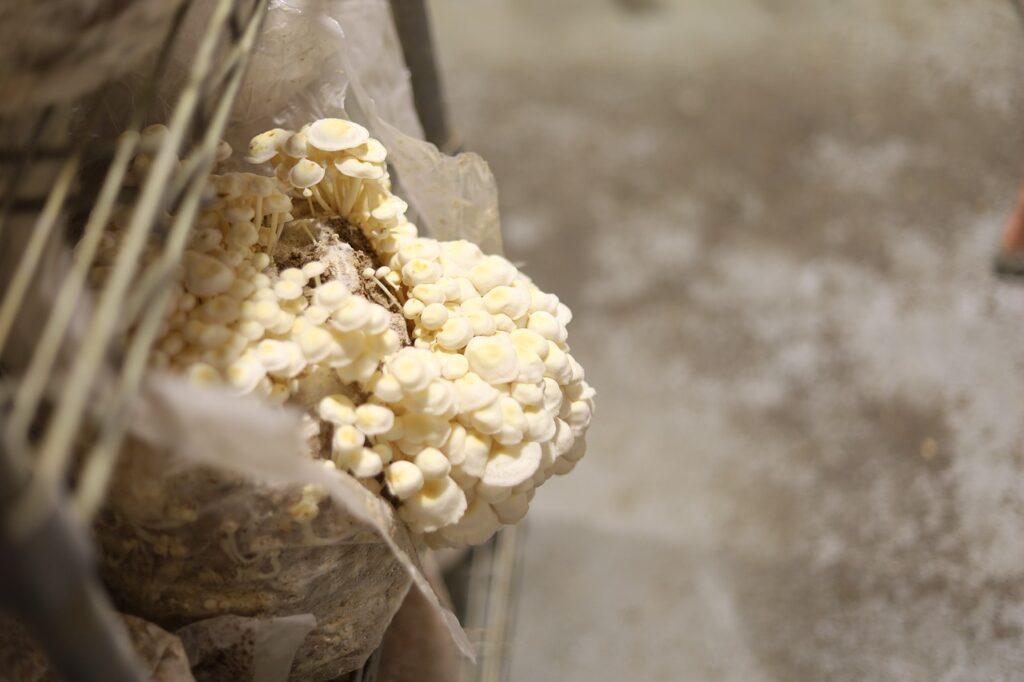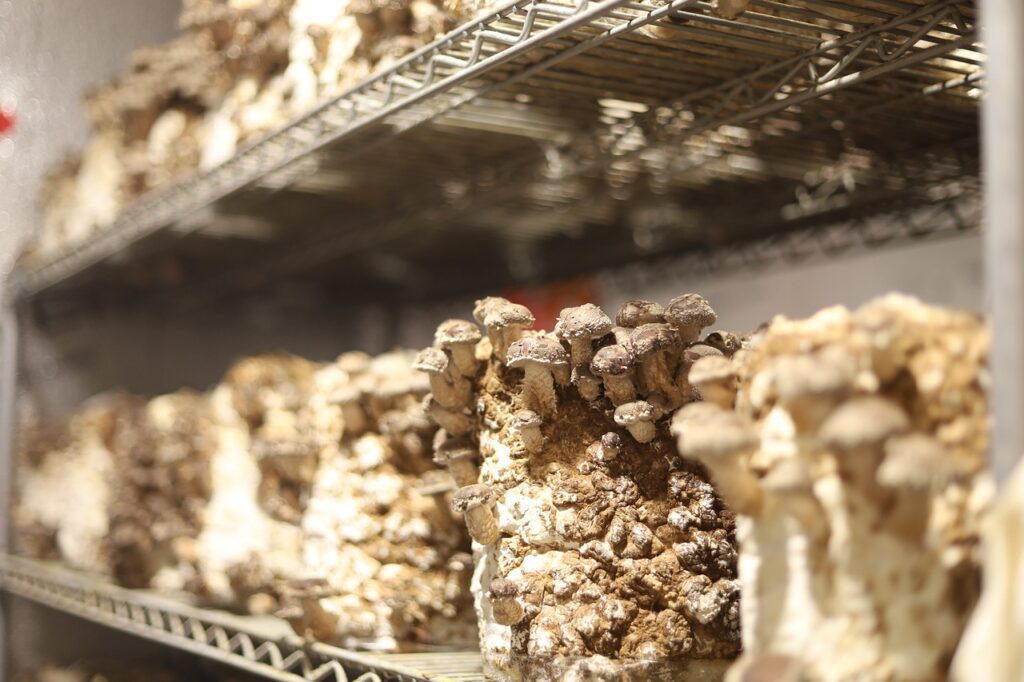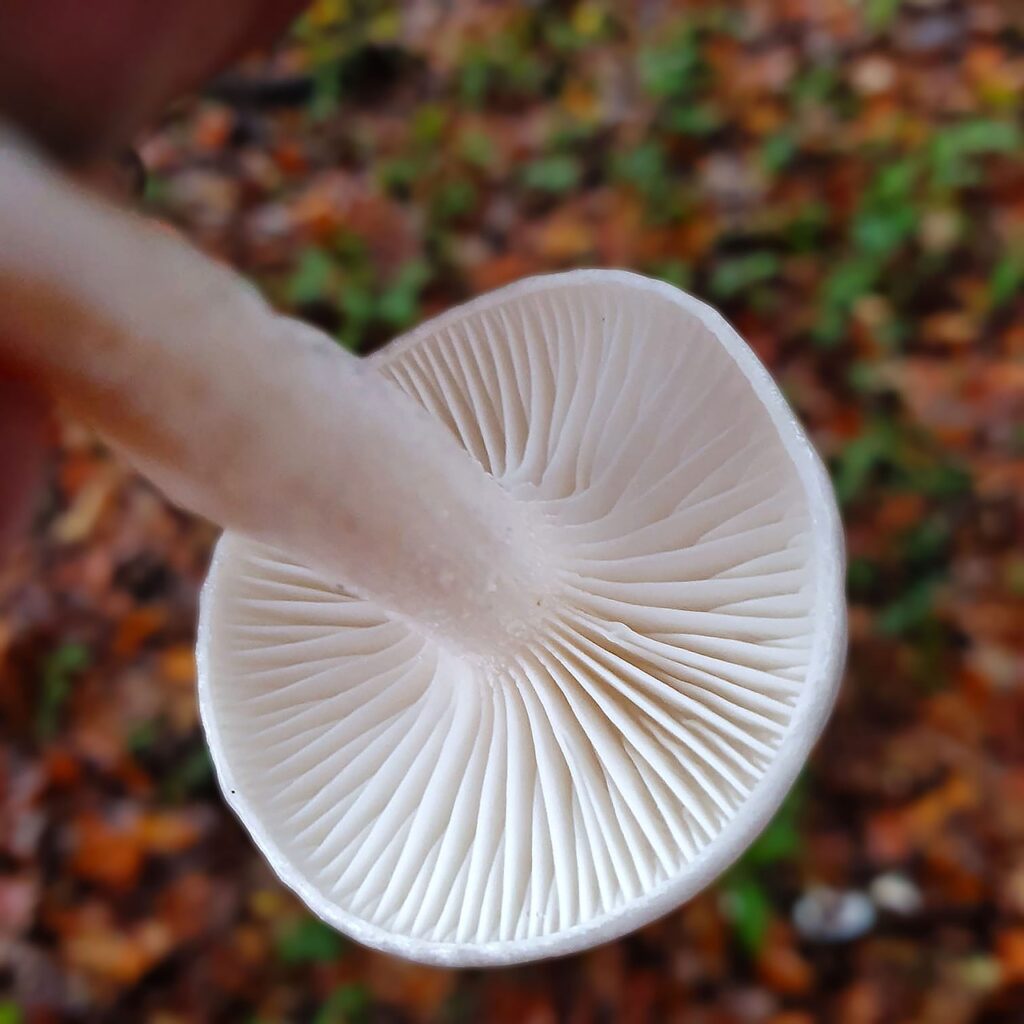Mushrooms, with their myriad shapes, sizes, and flavors, have long captivated human interest. Yet, behind their enigmatic allure lies a hidden world of mycelium—a crucial player in the intricate process of mushroom spore production. In this comprehensive exploration, we delve deep into the fascinating realm of mycelium, shedding light on its pivotal role in the lifecycle of mushrooms and the abundant production of mushroom spores.
Understanding Mycelium:
Mycelium, often referred to as the “root system” of fungi, constitutes the vegetative body of a fungus. Comprising a network of thread-like structures called hyphae, mycelium thrives beneath the soil or within organic matter, quietly fueling the growth and reproduction of mushrooms.
The Lifecycle of Mushrooms:
The lifecycle of mushrooms begins with the germination of spores, followed by the growth of mycelium. As the mycelium matures, it forms the fruiting body—the visible part of the mushroom—which eventually produces and disperses spores, completing the lifecycle.
Spore Formation:
Mushroom spores are tiny reproductive units produced by the fruiting body. Within the gills or pores of the mushroom cap, specialized cells called basidia or asci generate and release spores. These spores are essential for the dispersal and propagation of fungi, serving as the starting point for new mycelial growth.
The Crucial Role of Mycelium:
While the fruiting body garners much attention, it is the mycelium that holds the key to abundant spore production. Mycelium serves as the foundation upon which the fruiting body develops, providing nutrients and support essential for spore formation.
Optimizing Spore Production:
To maximize spore production, it is crucial to optimize the conditions for mycelial growth. Factors such as temperature, humidity, and substrate composition play pivotal roles in ensuring robust mycelial development and subsequent spore formation.
Environmental Influences:
Environmental factors profoundly influence mycelial growth and spore production. For instance, mycelium thrives in moist, oxygen-rich environments, while excessive heat or cold can hinder its growth. Understanding and maintaining these optimal conditions are paramount for successful mushroom cultivation and spore production.


Commercial Applications:
In the realm of commercial mushroom farming, a thorough understanding of mycelium is indispensable. By manipulating environmental conditions and employing advanced cultivation techniques, farmers can enhance spore yields and ensure the sustainability of their operations.
Preserving Mycelium Diversity:
In addition to its practical applications, mycelium conservation is critical for preserving biodiversity and ecosystem health. As guardians of soil fertility and nutrient cycling, diverse mycelial communities play a vital role in maintaining the balance of ecosystems worldwide.
Future Perspectives:
As scientific knowledge advances, the potential for harnessing mycelium’s capabilities continues to expand. From biotechnological innovations to sustainable farming practices, the future holds exciting possibilities for leveraging mycelium in diverse fields.
Conclusion:
In unraveling the mysteries of mycelium, we gain a deeper appreciation for the intricate web of life that sustains our planet. From its pivotal role in mushroom spore production to its broader implications for ecology and agriculture, mycelium remains a testament to the resilience and adaptability of fungi. As we continue to explore and understand the nuances of fungal biology, let us not forget the humble yet extraordinary contributions of mycelium to our world.
